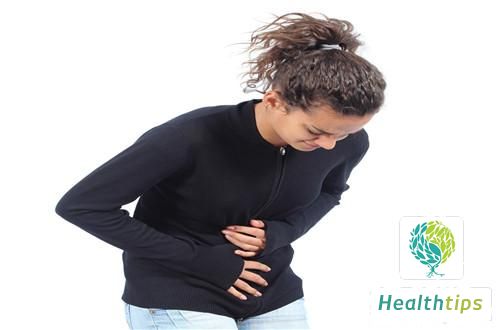Nausea and vomiting during menstruation are generally caused by dysmenorrhea. During menstruation, women experience an increase in prostaglandin levels, which can cause excessive contraction of the uterine smooth muscle and spasm of blood vessels, leading to ischemia and hypoxia in the uterus. This results in dysmenorrhea, and the increased prostaglandin entering the blood circulation system can also cause gastrointestinal symptoms, such as nausea and vomiting.

If you experience nausea and vomiting during menstruation, it is considered to be caused by the increase in estrogen levels in the body during menstruation, stimulating the gastrointestinal tract. There is no need for special treatment, and the symptoms will disappear spontaneously after menstruation ends. Due to individual differences, menstrual syndrome manifestations vary, including constipation, diarrhea, poor sleep, fatigue, lethargy, emotional instability, breast pain, abdominal pain, and lower back pain. It is also normal for some women to experience gastrointestinal symptoms such as nausea and vomiting, so there is no need to worry too much. If the symptoms persist after menstruation, consider whether there are diseases such as gastritis or gastric ulcer. It is recommended to consult a gastroenterologist and undergo Helicobacter pylori and gastric endoscopy for diagnosis and symptomatic treatment. Additionally, eating too much spicy or unclean food during menstruation can also cause acute gastroenteritis symptoms such as nausea and vomiting, requiring anti-inflammatory treatment.
If you experience nausea and vomiting during menstruation, you can take pain relievers for treatment. Commonly used drugs are prostaglandin synthesis inhibitors. By inhibiting the activity of prostaglandin synthesis enzymes, these drugs reduce the production of prostaglandin, thus alleviating or eliminating dysmenorrhea. The effective rate of such drugs can reach 80%.

